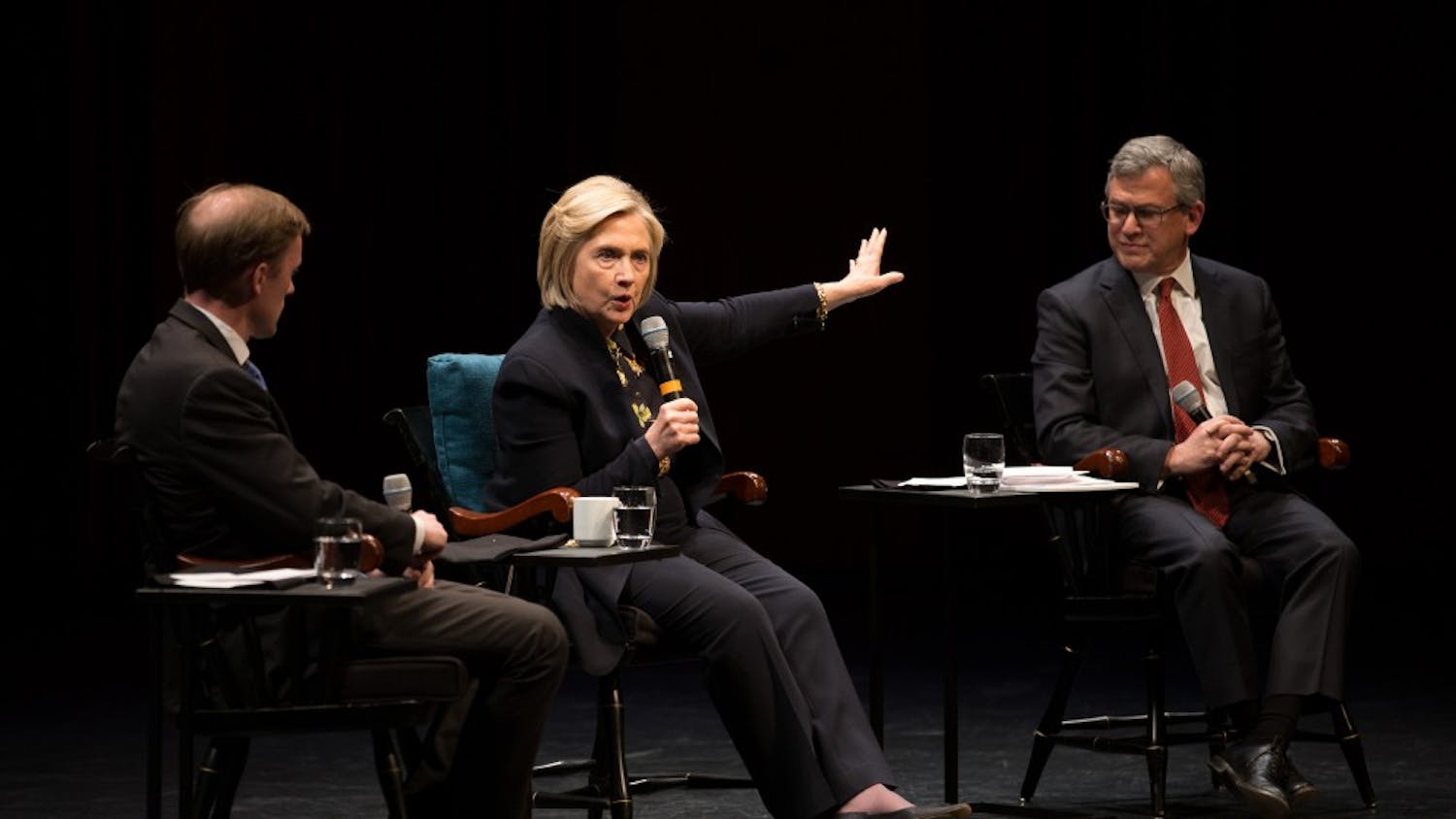“Only military action . . . can accomplish what is required. Time is terribly short, but a strike can still succeed.” That’s a direct quote from national security advisor John Bolton, and it’s referencing his preferred method of confronting Iran’s nuclear program. He wrote that in 2015 as the United States negotiated to curtail the Iranian nuclear program. Bolton’s views stood well outside the foreign policy mainstream, and rightly so — after the debacle of Iraq, who could seriously promote another invasion?
But things have changed since 2015. Last year, the U.S. unilaterally withdrew from the Iran Deal, and John Bolton now sits as the President’s national security advisor. Unsurprisingly, given Bolton’s views, in recent weeks the U.S. has rapidly escalated tensions with Tehran. The U.S. designated Iran’s Islamic Revolutionary Guard Corps a terrorist group, ramped up sanctions, commissioned plans for military action and sent a carrier strike group and B-52 bombers to the Gulf region. On Tuesday, Secretary of State Mike Pompeo sought to defuse concerns, claiming that “we fundamentally do not seek a war with Iran.” But, he quickly added, “if American interests are attacked, we will most certainly respond in an appropriate fashion.” As the Trump administration continues to prod at Iran, the odds of an Iranian response — what Pompeo considers grounds for retaliation — grow ever larger. And that’s profoundly dangerous, both to America’s people and to its policy goals.
Deterring and containing Iran has long been a cornerstone of U.S. Middle East policy, and with good reason. Iran’s foreign policy undermines U.S. priorities in the region, often through working intimately with terrorist groups like Hezbollah, Hamas and Islamic Jihad. The U.S. ought to do all it can to curb the influence of a rogue actor like the Iranian regime — but war isn’t the answer. Simply put, war with Iran will inflict tremendous cost with little to show for it.
Few still defend the decision to go to war in Iraq in 2003, since that war ended in disaster. The parallels between the invasion of Iraq and the Iran situation are uncanny: Fearing weapons of mass destruction, the U.S. ramps up pressure on its long-time enemy, a repressive Middle Eastern regime. Tensions escalate, troops are deployed and the regime is overthrown. But in Iraq, Saddam Hussein’s overthrow mired the U.S. in a hugely expensive war, one that cost trillions of dollars and took over 500,000 lives. What’s left to show for it is a fractured state — one the gave rise to ISIS and now serves as a breeding ground for Iranian-backed militias. The war in Iraq failed, and there’s little reason why an analogous war in Iran, a country with over three times the population and land area of Iraq, would fare any better.
The true horror of Iraq was the aftermath of Saddam’s overthrow, as American troops struggled to retain hold amid a multi-sided civil war and insurgency. Iran might not see so much division, since its population is nearly 90 percent Shi’a. Still, I hardly see Iranians greeting the Americans as liberators. Iran is infamous for calls of “death to America,” and per a 2018 poll, 79.8 percent of Iranians held a somewhat or very unfavorable opinion of the United States.
Given the reality of public opinion, even opponents of the regime would be reluctant to support the U.S. post-invasion. An invasion would thus threaten a protracted insurgency, one that might spill over in border countries like Iraq, Afghanistan and Pakistan. Military action by the U.S. may topple the Iranian regime, but as the Iraq War demonstrated, that’s hardly a victory. As with Iraq, invading Iran has no realistic endgame, save for years of instability, bloodshed and failure.
The administration’s recent escalation enhances the security dilemma between the U.S. and Iran, sending the two into a spiraling cycle of uncertainty, posturing and arms buildup that ratchets up the risk of war. Perhaps that’s what John Bolton wants, but it is by no means in America’s best interest.
Whether or not the Trump administration wants a war, its policies towards Iran invite one. A war will not solve the Iran issue and will almost certainly make it worse. And with each new provocation, the risk of conflict grows ever larger. Unless the Trump administration reverses its policy, the situation threatens to spiral rapidly into an ineffective and massively costly war.


